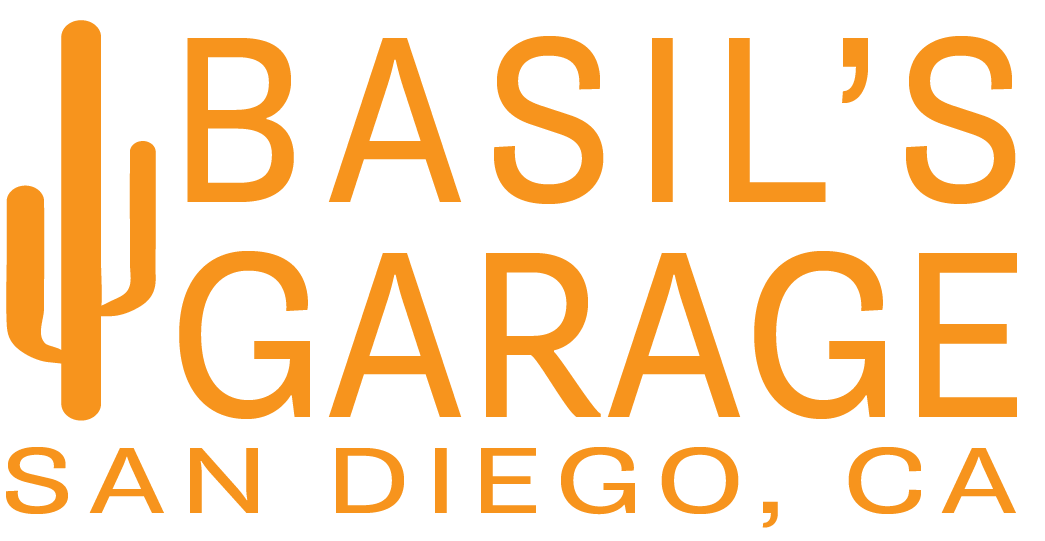Heat rejection within data centres: the path to optimisation
This analytical work is diverse, ranging from a recent optimisation study for a pharmaceutical plant in Singapore, to a strategy for scaling up commercial supply of a new product, to investigating the likely production timescales for a future COVID-19 vaccine..
Provided that all industrial activities in the nuclear fuel cycle comply with regulatory frameworks and related Technical Screening Criteria, measures to control and prevent potentially harmful impacts on human health and the environment are in place to ensure very low impact.. 15.The average annual exposure of a member of the public, due to effects attributable to nuclear-energy-based electricity production (including mining) is about 0.2 mSv, 10,000 times less than the average annual exposure due to natural background radiation.. 16.

Opponents generally agree on this, but argue that sometimes facilities are not managed appropriately and therefore risk can increase.The likelihood and impact of accidents with nuclear reactors is – contrary to what is generally believed – considerably less than in traditional energy industries.Nuclear is much closer to renewable energy in terms of safety and greenhouse gas emissions.

Traditional fossil fuels are much more dangerous in extraction and operation..The main cause of death related to energy production is air pollution from fossil fuels.. 17.

Solution: replacing coal with new nuclear power.
More than 2,000 Gigawatts (GW) of coal-fired capacity is operating in the world today, adding roughly 15 billion tons of CO₂ emissions per year.Adrian currently leads the growing process engineering team at Bryden Wood, further adapting the practice of design to value, integrated design,.
design for manufacture and assembly.to a range of pharmaceutical, biotechnology, industrial and process sector projects.. Adrian’s previous roles span major engineering and construction companies, blue-chip manufacturing, and consultancy, across Europe, the US and Singapore.
Prior to joining Bryden Wood, he led the technical development and process engineering on complex projects in diverse sectors, particularly pharmaceuticals and vaccines but extending to food, fine chemicals, consumer products, battery technology, industrial fibres, waste treatment and nuclear.His roles have included lead process engineer and technology manager on numerous projects, head of process engineering and technology director and project management.
